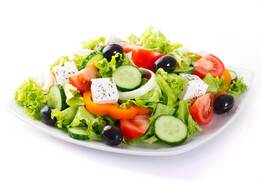 Summer is salad season. But the abundance of leafy greens available means restaurant operators have to be extra vigilant about food safety. Germs found on raw produce cause a large percentage of foodborne illnesses in the U.S. and are a major source of E. coli infections, in particular. Increasingly, indoor farms are popping up around the country to enable year-round growing of greens. As these greens are grown in water instead of soil and also harvested and packaged indoors, they offer a lower-risk alternative to greens grown outdoors. Amid food safety risks related to extreme weather, supply chain vulnerabilities, pathogens and pesticides, does your restaurant have a plan to gradually transition to safer suppliers? Leafy greens and other vegetable row crops are a key source of E. coli infections. Indoor agriculture is on the rise – and it could provide restaurants with a means of minimizing the risk of foodborne illness and use of pesticides, while ensuring that the greens and other produce they want to serve is available to them year-round. Since indoor farming environments differ from conventional ones, there’s a new food safety certification program specifically for leafy greens grown via controlled-environment agriculture (CEA). The CEA Food Safety Coalition says the annual certification, which involves such factors as a hazard analysis, a review of a facility’s growing infrastructure and design, and an assessment of any pesticide use, can help educate regulators and consumers about the benefits of growing crops in controlled environments.
What’s a holiday menu without potatoes, carrots, turnips and the many other root vegetables of the season? Just take care to wash them carefully before you slice into them, since the crevices in these vegetables can trap dirt and contaminants that you don’t want to pass on to other parts of the food. Before peeling or slicing these items, soak them in cold water for a few minutes before rinsing them under running water while scrubbing them with a clean brush.
In recent months, E. coli contamination has been responsible for dozens of serious illnesses – and that’s in romaine lettuce alone. Could your menu choices help minimize your chances of purchasing contaminated produce? Every year, the Environmental Working Group releases updated lists of the produce most commonly exposed to pesticides and other chemicals, along with produce that has tested to be the cleanest. Food News reports that these items made this year’s Clean 15 fruits and vegetables: avocados, sweet corn, pineapples, frozen sweet peas, onions, papayas, eggplants, asparagus, kiwis, cabbages, cauliflower, cantaloupes, broccoli, mushrooms and honeydew melons. Can any of these ingredients be substituted for others on your menu?
Does your restaurant buy pre-washed produce? Remember that it still must be washed under running water during preparation. Steritech also advises that bacteria can be transferred from the surface of produce to its flesh when cut, so be sure to make sure your fruit and vegetables are washed thoroughly in running water prior to cutting them.
Yale University’s produce purchases have increased by more than 68,000 lbs. since last year, according to a recent report in Produce Business. That’s roughly equivalent to the weight of 10 elephants. Like many foodservice operators around the country, Yale Hospitality, which the report says serves more than three million meals annually, has been experiencing a surge in demand for plant-based foods well beyond the salad bar. The demand has heightened the importance of having produce suppliers you can trust, since an operation’s food safety is only as good as the food safety practices of suppliers. The produce distributor FreshPoint advises operators to check for verification audits confirming the supplier has passed safety inspections (GAP) and sells food that is protected against accidental contaminants on the part of the vendor (GMP). Beyond that, look for a food defense program that protects against intentional contamination of the food supply, as well as Global Food Safety Initiative certification to demonstrate it is subject to third-party audits. To make sure food is handled safely before it reaches you and stored at the proper temperature before and during delivery, check for an ongoing food safety program for employees and up-to-date refrigerated warehouses and delivery vehicles. Finally, if a recall occurs, what process do they have in place to trace the problem and report it to you? You need to feel confident that if a food safety incident occurs, you will know about it immediately
|
subscribe to our newsletterArchives
April 2024
Categories
All
|
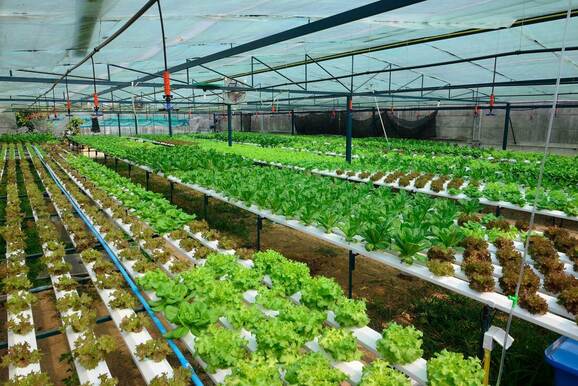

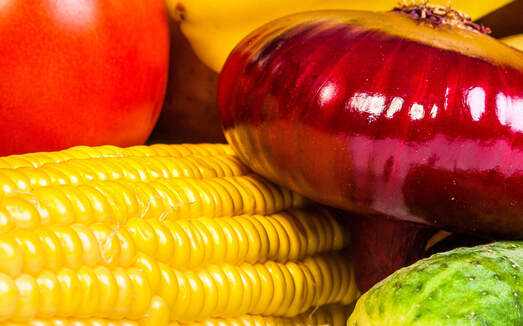
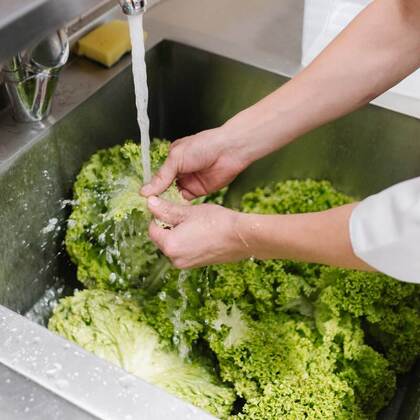
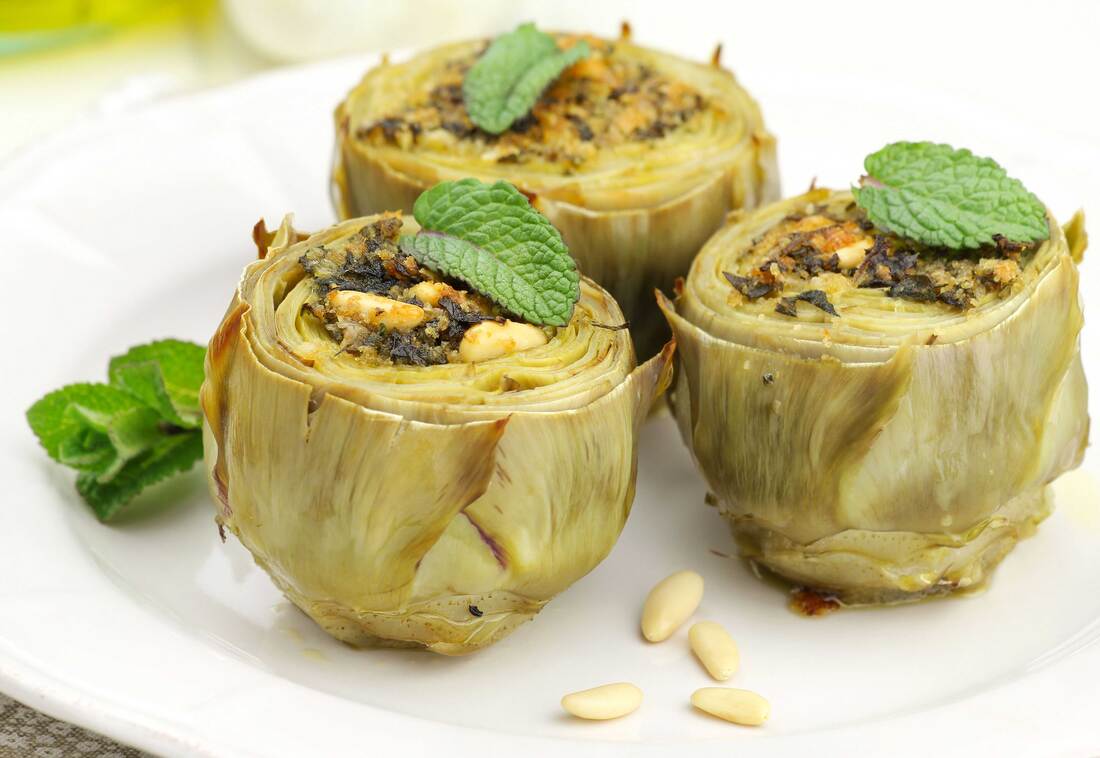
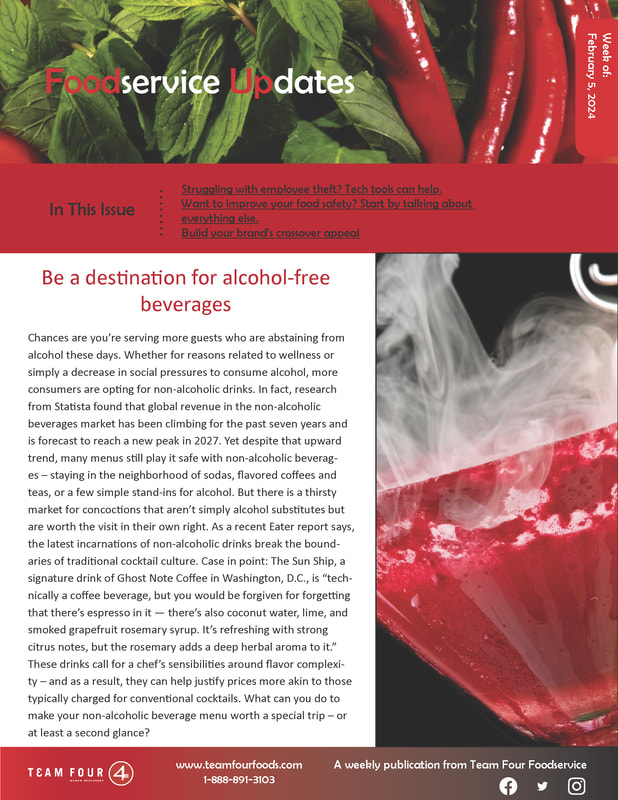
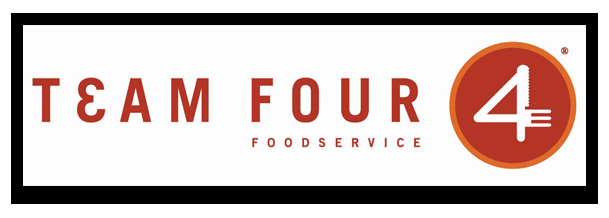
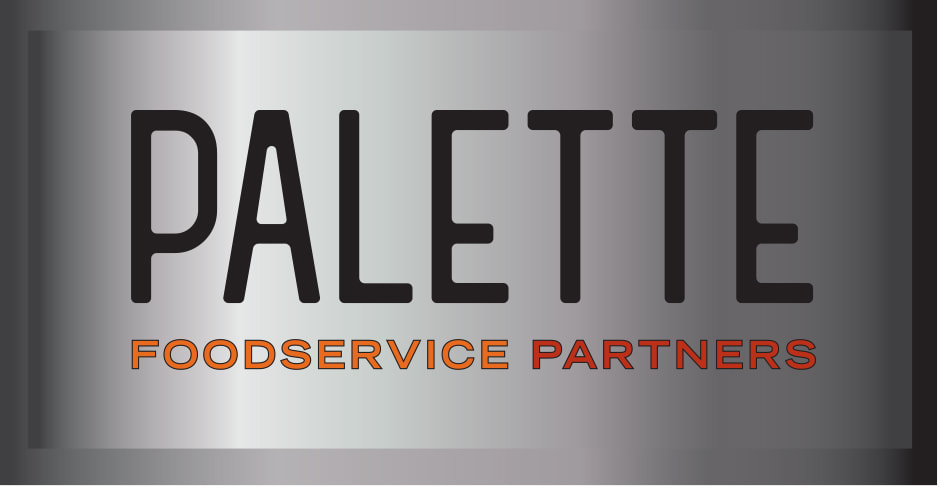
 RSS Feed
RSS Feed